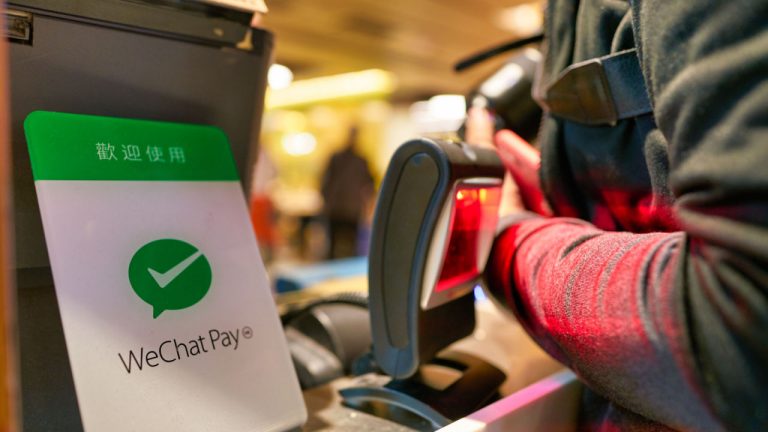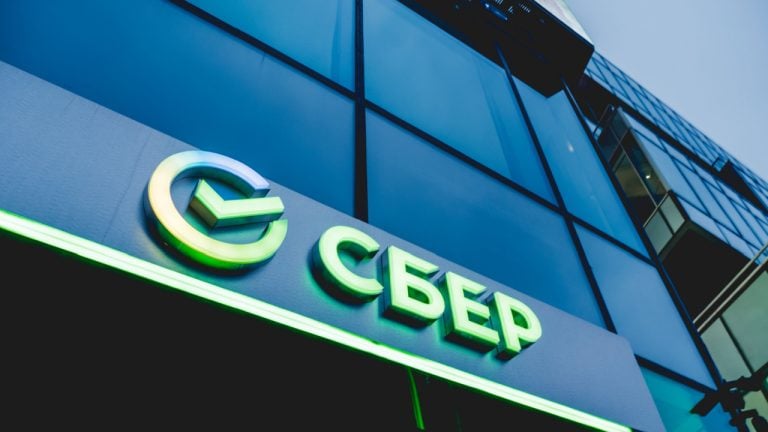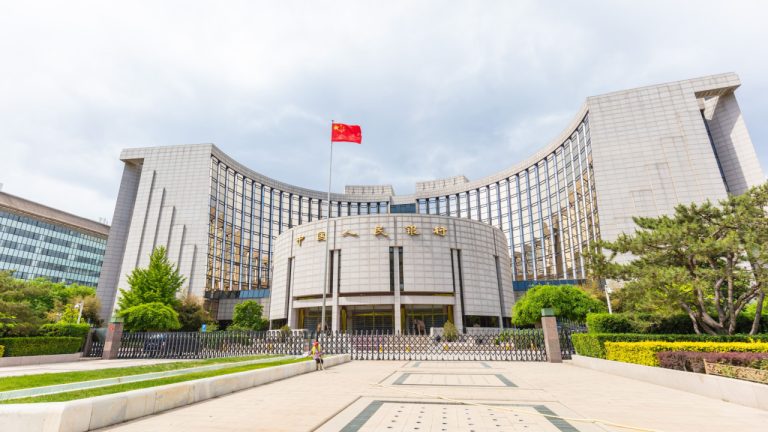
All 191 UNI token holders voted in favor of the proposal to launch the DEX on Polygon's zkEVM.
Decentralized exchange (DEX) Uniswap is seemingly set to launch on the new zero-knowledge Ethereum Virtual Machine (zkEVM) roll-up solution from scaling solution provider Polygon.
While Uniswap (UNI) token holders have until April 14 at 9:05 pm UTC to vote on the proposal to launch Uniswap v3 on the zkEVM, the 40 million vote threshold needed for the proposal to pass it has already been reached — with over 42.4 million votes recorded in favor of the integration.
All 191 Ethereum addresses voted in favor of the proposal with financial modeling platform Gauntlet and Ethereum infrastructure provider ConsenSys leading the voting tally with over 7 million votes each according to Tally, a voting dashboard for decentralized finance projects:

The author of the proposal, Polygon Business Development Lead Jack Melnick, explained that now is the “right moment” to make Uniswap v3 available on Polygon’s zkEVM because it is “EVM equivalent” — meaning that there is no need to recompile EVM smart contracts:
“There’s significant value in Uniswap being available on an EVM compatible ZK rollup. Deploying early on zkEVM helps solidify Uniswap’s place as the number one DEX and a thought leader.”
The integration will also provide validation and fast finality of off-chain transactions, said Melnick.
In addition, the high level of adoption that Polygon has managed to harness makes integrating on Polygon’s zkEVM a “priority,” he explained.
As for what factors will make this deployment a boom or bust, Melnick pointed to several key on-chain metrics:
“A successful zkEVM deployment will, in an organic and sustained manner, grow Uniswap’s Total Addressable Market across TVL, unique interacting wallet, volumes, and integration with partner dApps.”
“As demand for zk-blockchains and proximity to Ethereum rises, users and builders will increasingly look to zkEVM solutions to build and trade,” he added.
Melnick is confident the integration will pose “minimal risks” at least “relative” to other blockchains because the Polygon zkEVM uses zero-knowledge proofs to inherit Ethereum’s security.
The Polygon Bridge has been “disintermediated” and data will be sourced from “reputable” Oracle providers, Melnick added, which he expects will only strengthen security at the protocol level.
Polygon’s zkEVM had its official mainnet launch on March 27.
Related: Uniswap’s first governance vote fails... Despite 98% support
In a similar move, Uniswap v3 integrated with the BNB Chain — a smart contract blockchain built by Binance — on March 15.
The governance vote wasn’t as stark though, as only 65% voted in favor of the proposal.
United States venture capital firm Andreessen Horowitz (a16z) — the largest UNI token holder — voted against the BNB proposal with its 15 million UNI tokens.
Magazine: ZK-rollups are ‘the endgame’ for scaling blockchains, Polygon Miden founder










